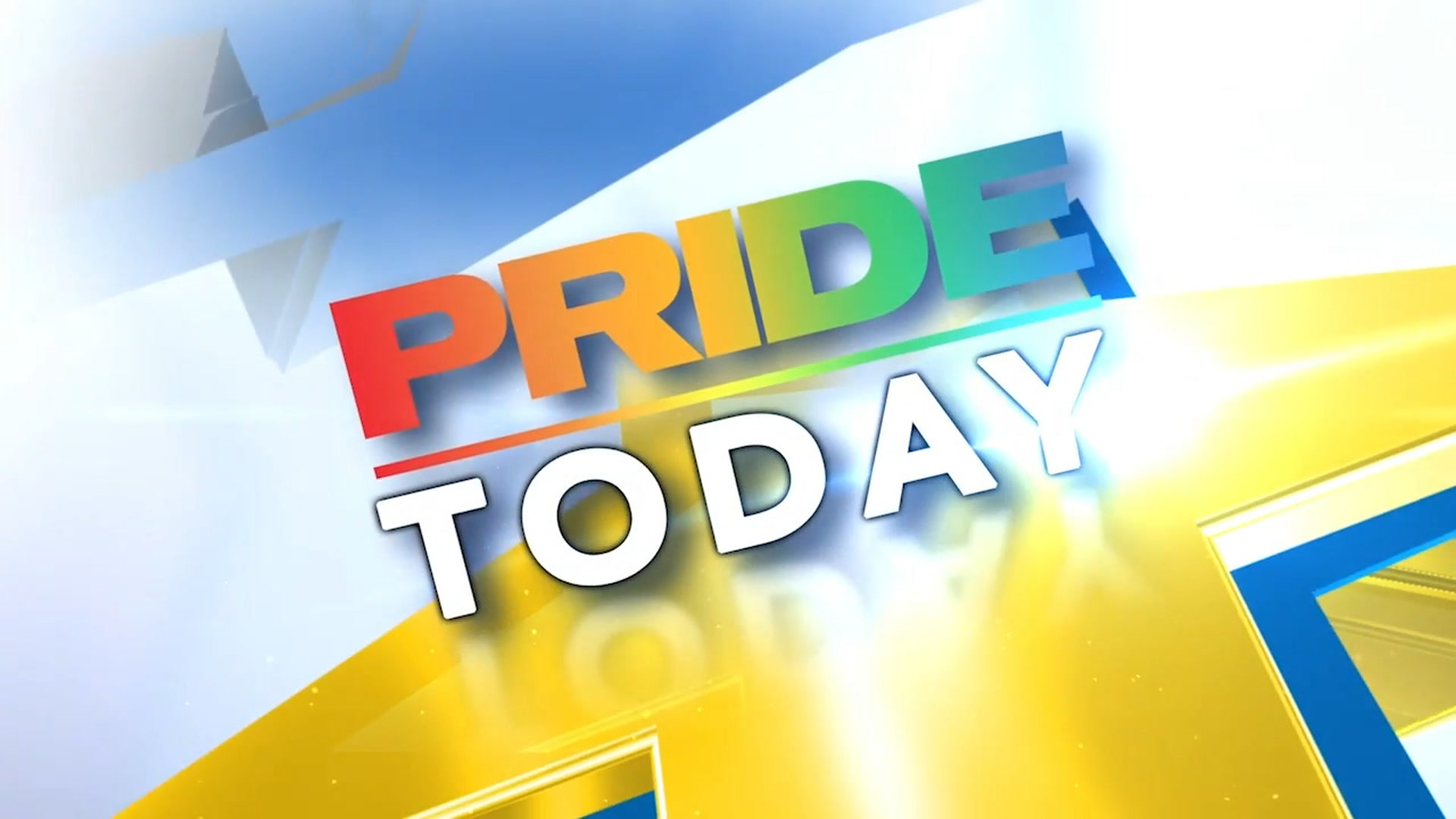Military veterans discharged under "don't ask, don't tell" or other discriminatory policies are still having trouble accessing benefits, nearly a year after the Department of Veterans Affairs announced it would make the process easier, a veterans' group says.
Many of these vets were given a "less than honorable" or "other than honorable" discharge, which disqualifies them from receiving benefits such as health care, home loans, and assistance with education. After DADT ended in 2011, these vets had the opportunity to apply for an upgrade of their discharge status so they could be eligible for benefits, but many found the process complicated -- a Center for American Progress report found that it was so difficult that fewer than 500 vets had applied.
Last fall, on the 10th anniversary of the repeal of DADT, the VA announced that veterans who've been given anything less than an honorable discharge strictly because of their sexual orientation, gender identity, or HIV status will be eligible for the full slate of benefits unless there's something else in their record that disqualifies them, and application for the upgrade was unnecessary. The VA said there would be new guidance issued for reviewing benefit claims, but the problem is, it hasn't been made public, say officials with the National Veterans Legal Services Program.
"There was all this attention with the announcement, then we started asking around, and no one had a copy of the policy," Renee Burbank, the veterans' group's director of litigation, told The Washington Post. "What does it actually say? What does it actually change or do? For all we know, it could be perfect. It could be great. But we don't know unless we see it."
The NVLSP requested a copy of the guidance under the Freedom of Information Act in April, but it has not received the document or even "a substantive response" to its request, according to a complaint the group filed in federal court in June. The complaint seeks to force the VA to release the information.
"Without the ability to review the details of the guidance, LGBTQ+ veterans, the public, and advocates like NVLSP are unable to truly evaluate the revisions of these guidelines," says the complaint, filed in U.S. District Court for the District of Columbia.
"The VA is still in the process of ensuring that its policies provide equal inclusion of all veterans with the distribution of benefits," the complaint continues. "A VA regulation, for example, still states that if a service member was separated from the military due to 'homosexual acts involving aggravating circumstances or affecting the performance of duty,' they are barred from most VA benefits, with no corresponding provision for heterosexual acts."
The Post has asked the VA for comment several times but received no response.
Follow More Advocate News on Pride Today Below





































































Charlie Kirk DID say stoning gay people was the 'perfect law' — and these other heinous quotes